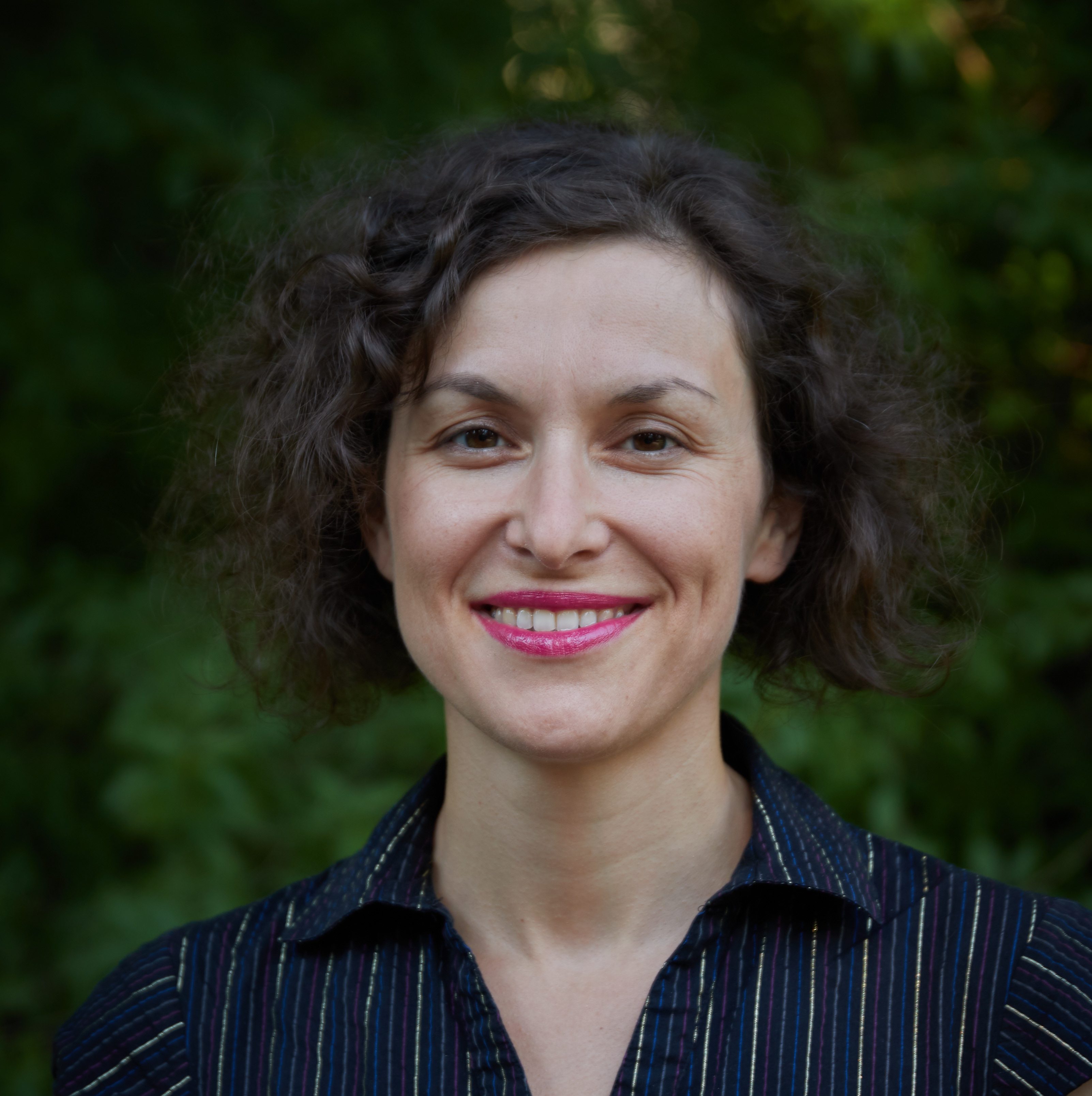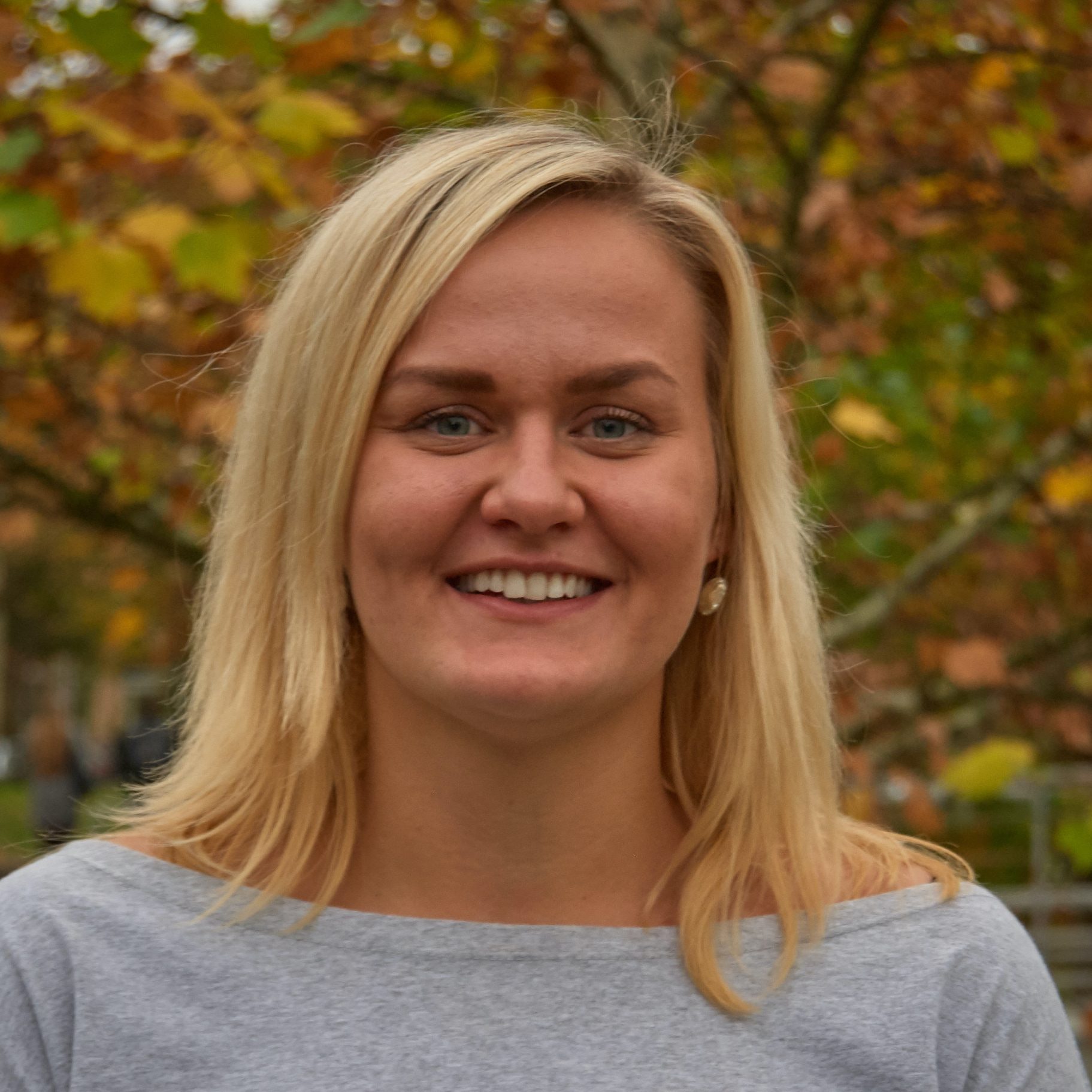MOBILE TECHNOLOGIES
One of the tools we have been developing is a mobile application that includes an intelligent assistant based on natural language processing. This application is designed to help workers in the everyday situations they encounter.
MIGRATION AND DEVELOPMENT: PROACTIVE POLITICS
We focus on the effects of international migration on development of target economies as well as on resource regions. We participate in proposals for effective measures to integrate foreign workers into labor markets and into society.
CLIMATE CHANGE, RESILIENCE AND POPULATION DYNAMICS
We survey the perception, resilience and adaptation strategies of households in Asia, Europe and Africa affected by the effects of climate change or other environmental changes and their impact on population dynamics. To do this, we use a variety of GIT tools and visualization in a geographic context.
Smart Migration
Governments are making efforts to reduce or manage migration to their own countries and the same time to integrate immigrants into their societal structures and economies. We have been dealing with this problem for hundreds of years and the responses vary according to individual situations. In order to develop meaningful efforts to give immigration rules, create appropriate (smart) policy instruments, bringing the positive effects of immigration on societies, we must first understand causes of migration.
In many cases, there are a number of interconnected factors associated with economic development, remittances, environmental changes and other social circumstances. Therefore, research on this subject requires a multidisciplinary approach. Our team has decided to focus on research of the causes of migration, their development impacts, and analyzing them using a variety of tools that will enable us to better understand through visualization in geographic context. We are based on the belief that migration processes are not a coincidence, but a strategic, smart solution for any life situation.
Quite special and relatively scarce factors are environmental changes. Although natural resources such as drinking water or soil may seem inexhaustible, in many cases the reality is quite the opposite. Slow-onset environmental changes or natural disasters can fundamentally affect the lives of the people in the area and thus take them natural resources, dwelling or subsistence away. Exhaustion of agricultural areas, floods, droughts, hurricanes and other natural or man-made changes along with economic causes lead people to migrate to cities. People in the affected areas are forced to leave their homes and seek livelihood elsewhere. Or don’t. And why is that?
Why do people not move from areas often affected by floods, droughts, hurricanes or other impacts of environmental change, natural disasters or climatic extremes? Alternatively, why only a part of the affected population moves while the other part, often majority stays trying to adapt?
And the dynamics of these processes, the behavior of the inhabitants of the affected areas, their perception of environmental changes, their degree of resilience, the decision to migrate or to stay belong to the main research topics of this research group.
TACR Project
The project has two basic objectives. The first is to provide effective support to immigrants in the Czech Republic who find themselves in difficult personal situations through the development and testing of new mobile and web applications “Smart Migration” with personalized support for immigrants from the former Soviet Union and other countries who are dealing with serious problems during their stay in the Czech Republic. User-friendly applications should help them in complex life situations (e.g. job loss, illness, work injury), but also facilitate their integration in the Czech Republic.
The second objective of the project is the analysis of three key socio-demographic issues (migration current risks and challenges, policy coherence, the Canadian model of active migration policy), the results of which can be applied in the development of public policies, strategic materials, and other appropriate tools for their application.
Project name and duration
Project TL01000468: Smart Migration in the Czech Republic (Project duration: 6/2018 – 5/2022)
Funding
Technological Agency of the Czech Republic (TAČR), 1st public tender of the ÉTA program
Principal Investigator
Dr. Robert Stojanov, Mendel University in Brno
Principal Co-investigator
Prof. Oldřich Bureš, Metropolitan University Prague
1. Mobile application Smart Migration
The Smart Migration mobile application allows the user to easily find answers to common problems they solve during their stay in the Czech Republic. The whole application is divided into four main parts. A key part of the application is a set of interactive tutorials that make it easier to find the information you need. Official documents describing all possible situations are quite complicated and people have a problem finding solutions exactly related to their situation. The interactive tutorial allows the user to select an option describing his condition/situation, and based on these settings, precisely tailored information is provided. Each tutorial also allows you to generate tasks that will be saved in a personal task list. There is no need to copy anything, the application reminds the user what needs to be done. For the same reason, the application contains a list of relevant contacts to authorities and organizations in the Czech Republic, which are important for solving various life situations of a migrant. The last but very important part of the application is a personal assistant, which is automatically trained on the same topics as the described tutorials. The user can ask any question and the assistant will solve it in the form of a conversation to solve the problem.
2. Web application Smart Migration
The main purpose of the Smart Migration web application is to provide a content management system for in-app data management. The legislation is constantly changing and it is essential that the application administrator be able to easily update virtually any data contained in the application. For this purpose, an administration interface is created, in which it is possible to define individual tutorials, contacts and tasks. The unique feature of our solution is that both the digital assistant and the content of the mobile application are managed by a single content management system! Therefore, it is not necessary to use separate solutions as in most existing solutions. It does not happen that the data manager updates the information, for example in the tutorial, but forgets to edit the data in the assistant’s content management system. This significantly reduces the amount of time required to manage data.
3. Analysis of the current Canadian migration model “Express Entry”
This study offers an analysis of the first four years of functioning of Express Entry, a new on‐line application management system to select skilled entrants for Canada’s key economic immigration programs leading to permanent residence. Based on interviews with 20 experts on Canadian immigration policies, we identified a number of strengths and weaknesses of the Canadian Express Entry system related to four areas: immigration policy making, processing of applications, selection of immigrants, and retention of immigrants. Since these areas are integral parts of immigration policies in all countries and Canada is a long‐term leader in the design of points‐based systems for selection of skilled immigrants, we also specify several lessons from the Canadian experience with the Express Entry system for other countries seeking to attract skilled immigrants.
Here you can read our published policy paper (in Czech language) and paper in Population and Development Review.
4. Risks and challenges of the current Czech migration policy
Recent research shows a number of challenges and risks and significantly fewer positives in Czech migration policy. The mentioned research reports analyzed this situation in relatively detail during the current economic crisis or shortly before or after it. Newer analyzes responding to the current migration waves to Europe are lacking. These studies identified several key positives of current Czech migration policy, such as projects from the end of the first decade of the 21st century, e.g. green and blue cards, a voluntary return program and a pilot project of managed migration, but the negatives significantly predominate. There is a lack of a long-term concept and more thoughtful steps, including greater sensitivity or social perception of foreign workers. The studies also reflected differences between the strategies of individual ministries.
The information available so far shows that in order to effectively set an active immigration policy and integrate foreigners in the labor market and society, it is necessary to (i) map in detail the risks and various risk areas (security, health, etc.) for migration to the Czech Republic and which are necessarily interconnected, and (ii) improve communication between foreigners and Czech entities. The output should provide new specific knowledge about the risks of migration in the EU and the Czech Republic, which will be taken into account in the creation of strategic materials and appropriate migration policy tools.
Here you can read our published policy paper (in Czech language) and paper in Population, Space and Place.
5. Coherence of migration and development policy of the Czech Republic
The aim of the analysis is to create a list of recommendations for increasing or creating coherence between Czech migration and development policy, which will lead to a more efficient use of resources, finances and human potential. While the topics of migration and development policy have already been examined separately, the topic of coherence between Czech migration and development policy has so far been examined only minimally, despite the fact that billions of CZK from public budgets are used annually for both policies and their instruments.
The analysis of the state and possible development in relation to the current migration waves to Europe is completely missing. The effort to address immigration to economically rich countries through development in economically poor countries, most often through development aid, is an ever-recurring “evergreen” with each major migration flow or major security threat, not only in the Czech environment.
At the same time, coherence between the migration policies of the source and destination countries of migration requires coherence between immigration and security policy and foreign relations priorities within the destination country. In this regard, the aim of our analysis is to create a list of specific recommendations for increasing (the emergence) of coherence between Czech migration and development policy, which will lead to a more efficient use of resources, finances and human potential.
Application guarantors of the research
Who will use our outcomes
Our Team
Our multidisciplinary team consists of experts from Mendel University in Brno and Metropolitan University Prague.

Robert Stojanov
Robert focuses on the impacts of environmental change, including climate change on development, migration and population dynamics. He is a specialist in the formulation of research topics, theoretical and methodological approaches, as well as on field research activities and the interpretation of socio-economic data analyzes. Robert has been awarded by fellowships at Brown University in Providence, USA; at Migration Policy Center at the European University Institute in Florence, Italy; and at the Department of Global Development and Planning, University of Agder in Norway. More details about his research at www.stojanov.org

Oldřich Bureš
Oldrich is the founding director of the Center for Security Studies and Professor of International Political Relations at Metropolitan University Prague. His research is focused in the areas of Conflict Resolution and International Security, with special emphasis on privatization of security, (counter-)terrorism and recently also migration.

Radka Klvaňová
Radka is a sociologist and her research interests are in migration, immigrant reception and integration as well as migration policies. She is a part of the Center for Cultural Sociology of Migration at the Faculty of Social Studies, Masaryk University where she teaches courses on migration. Radka’s task in the project is data analysis and interpretation.

David Procházka
David is primarily concerned with analyzing user behavior. He deals with the redesign of complex applications and the design of new solutions. He focuses on innovative types of applications such as location services or virtual and expanded reality. He likes to connect space analytics, UX and mobile technology.

Aneta Seidlová
Aneta is a student of a master’s degree in Global Migration and Development Studies at the Department of Geography at Charles University. In her diploma thesis, she deals with the relations between migration and development, namely the policy coherence. She works as a researcher at the MENDELU.

Lucie Štěpánková
Lucie is a student of master’s degrees of International Relations at Faculty of Social Studies and Economic Policy and International Relations at Faculty of Economics and Administration at Masaryk University. She focuses on area of sub-Saharan Africa. She works on data analyses and data processing in our team.
Latest News
Here you will find the latest of our texts on migration issues.
Strengths and Weaknesses of Canadian Express Entry System: Experts’ Perceptions
Fresh off-the-print, our analysis of the first four years of functioning of Express Entry, a new on‐line application management system to select skilled entrants for Canada’s key economic immigration programs leading[…]
Read moreLocal perceptions of climate change impacts in St. Kitts (Caribbean Sea) and Malé, Maldives (Indian Ocean)
We recently published our article in the Atmosphere (https://www.mdpi.com/2073-4433/9/12/459), which focuses on research into the perception of environmental change in two Small Island Developing States (SIDS) – St. Kitts in[…]
Read moreEvaluation of the Long-Term Stability and Impact of Remittances and Development Aid on Sustainable Economic Growth in Developing Countries
Together with colleagues from the Faculty of Economics and Administration of Masaryk University in Brno, we published an article whose main objective was to (i) compare the stability of financial[…]
Read more










Social Networks
You can find state-of-the-art information on social networks
Twitter
Mostly technical information in the English language.
Facebook
Popular and technical information in the Czech language